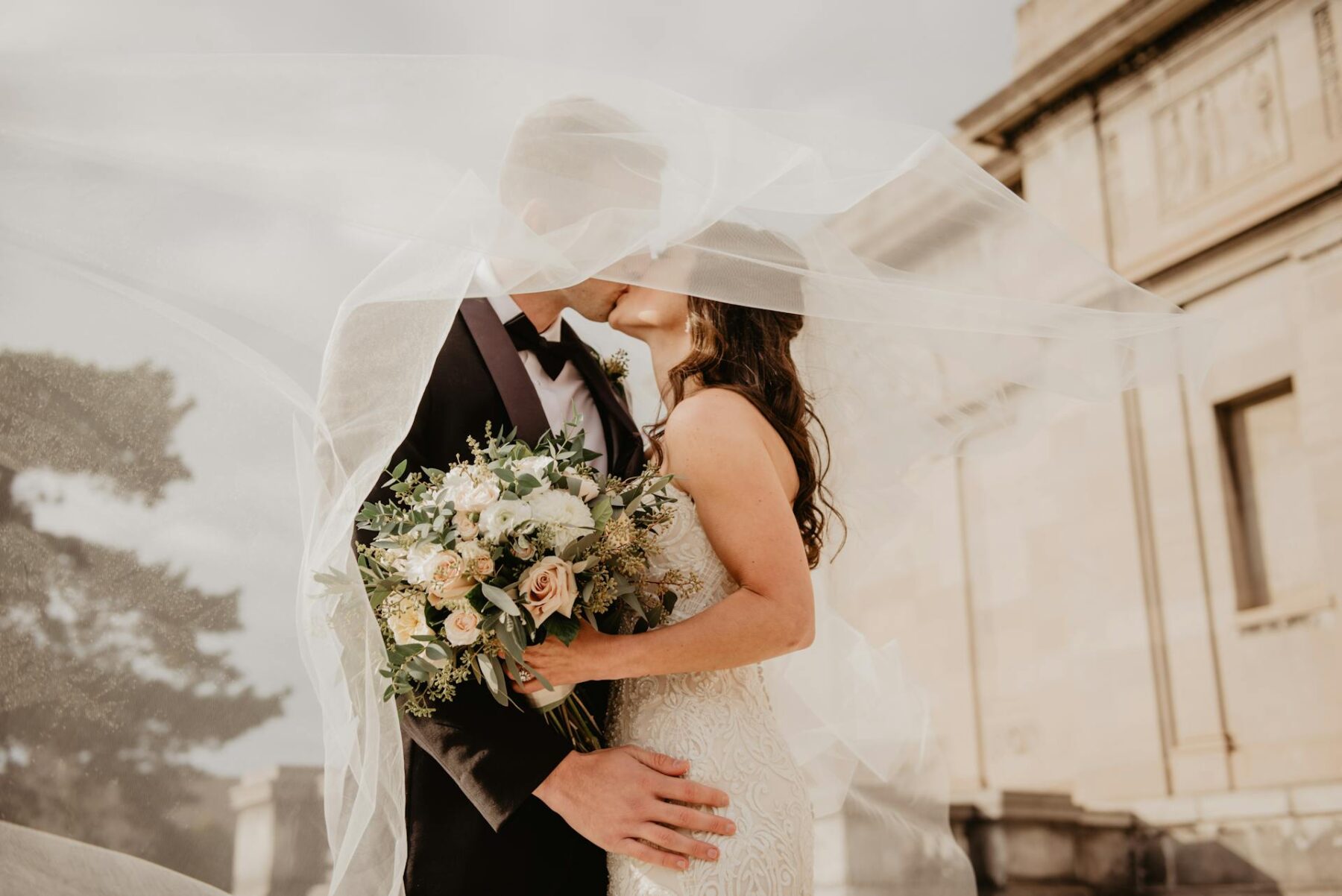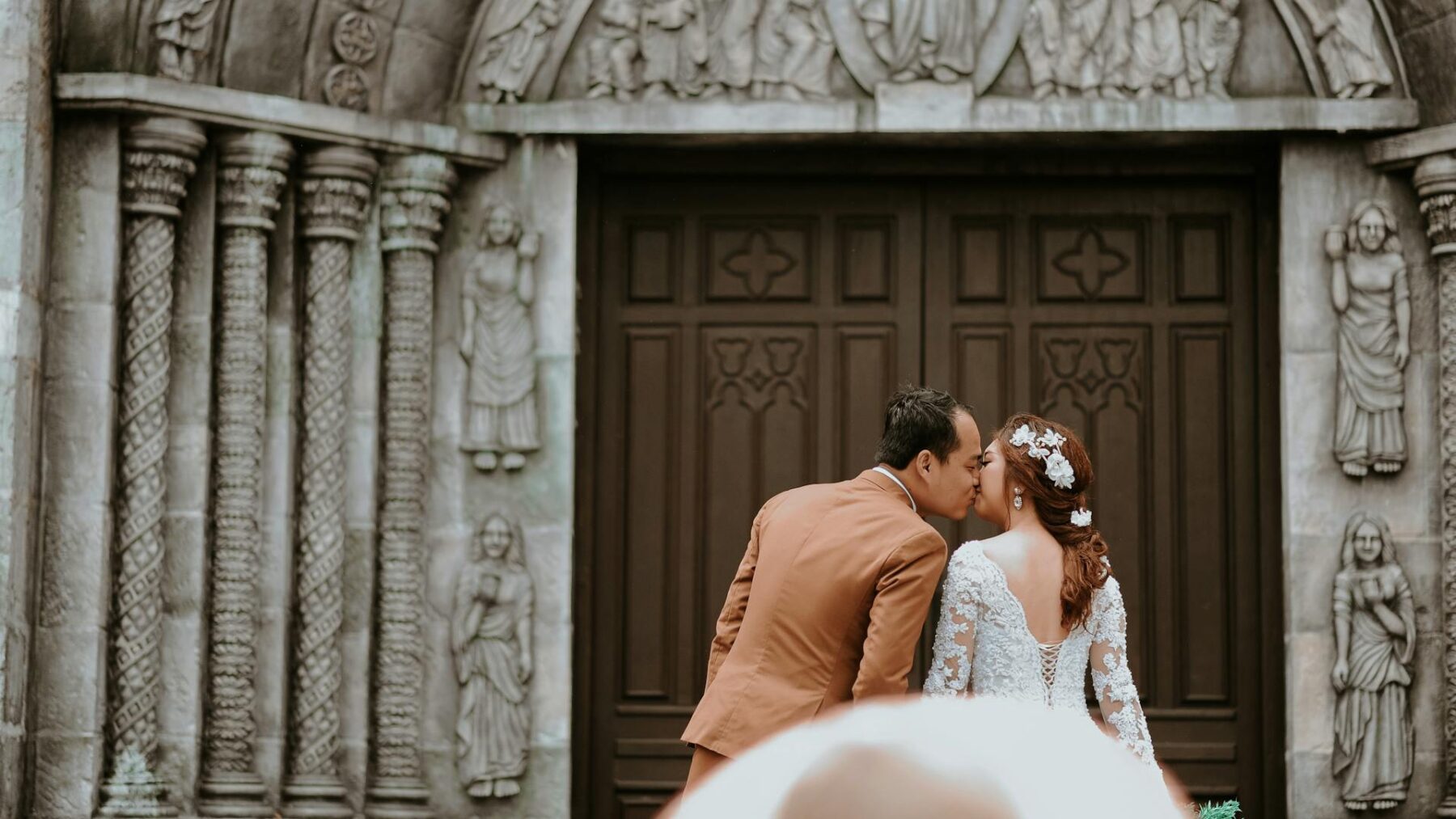When you’re preparing to embark on the journey toward marital bliss, it’s essential to understand that love isn’t all you’ll need. In reality, paperwork is the one that plays a pivotal role in the preparations for your big day.
It may not be as romantic as you had hoped, but making sure you have all the necessary wedding documents is also a form of love. After all, the initial butterflies will fade, but the respect toward your partner and the life you want to build together is forever.
This is why, today, we’ll have a look at the document side of a wedding. We’ll talk about must-haves and optional documents (which you should have) so you don’t have to waste any more time with the boring legalities.
Must-Have Documents
Notice of Intention
At the outset, you and your significant other must each give notice of intention to marry at your local register office. This is a public declaration giving others the opportunity to put forth lawful impediments to your marriage (it may sound like a classic novel drama, but in real life, it hardly ever happens).
You must go to the local register office of the district where you intend to get married with the required documents to avoid any bureaucratic delays.
Religious vs. Civil Ceremony
Once your notice is given and all the paperwork is in order, you get to choose between having a civil or religious ceremony.
If opting for a religious service that’s not Church of England or Wales, you’ll need to collect a Superintendent Registrar’s Certificate. It’s worth noting that same-sex weddings cannot currently take place within the Church of England or Church in Wales.
For civil ceremonies, you can decide on vows and elements meaningful to your narrative, but you must stay within the bounds of what’s legally mandated. Remember that certain statements must be declared and contractual words exchanged for it to be official. Ask help from your officiant to make sure you include every obligatory element.
Once those crucial words are spoken and you sign the register, your new spouse, and your witnesses (yes, don’t forget you need at least two), the legal part of your union is complete.
Post-ceremony, you’ll receive a marriage certificate, which is a significant legal document you’ll need for things like name changes and spousal benefits. So make sure to keep it in a safe and secure place.
Pre- and Post-Nuptials (The Should Consider Category)
You may know about prenuptial agreements from movies or from family and friends, but do you know there are postnuptial agreements as well? Let’s have a look at what it means to have these agreements and why, even though optional, you should strongly consider them.
Prenuptial Agreements, also known as prenups, are legally binding contracts entered into before the wedding. Picture this not as a forecast of doom but rather as a smart financial plan akin to homeowners insurance for your relationship.
These agreements outline how assets will be distributed should the love story unfold into an unexpected plot twist (aka divorce). Think of it as establishing the rules of engagement should things go south.
Postnuptial Agreements, on the other hand, are drawn up after marriage vows are exchanged and can be beneficial in scenarios where circumstances change, like one partner receiving an inheritance they wish to keep separate. It’s like updating your GPS route mid-journey when you encounter an unexpected detour.
The good news is that neither of these documents takes long to put together. For instance, you can easily fill out a prenuptial agreement online and take it to the notary for legalization. The same is true about postnuptial agreements. Still, to make sure your interests as an individual are well-represented in the entity you’re about to form with your spouse, it’s best to talk to a lawyer first.
Contracts with Wedding Suppliers (Other Must-Haves)
Whether it’s your photographer or your caterer, you must have a legal document that highlights the terms of your agreement. Otherwise, if anything goes wrong, you run the risk of not getting your rightful compensation.
However, keep in mind that timing is crucial with these contracts – sign too early and you may miss out on better options, too late and your favourite vendor might be booked by someone else. Typically, contracts should be signed as soon as you have nailed down your date and venue. This can be anywhere from 6 months to 2 years before the event, which is early enough to secure top-notch suppliers.
If you’re not sure who should sign, the rule is that the person footing the bill signs the contracts. However, if multiple parties contribute financially, decide who will serve as the point person for each supplier.
Wrap Up
And there you have it – the documents that will make sure your big day goes on smoothly, without any major events. Furthermore, there are a couple of documents that will support your marriage going forward and make sure your interests and assets are well-protected.

image link






